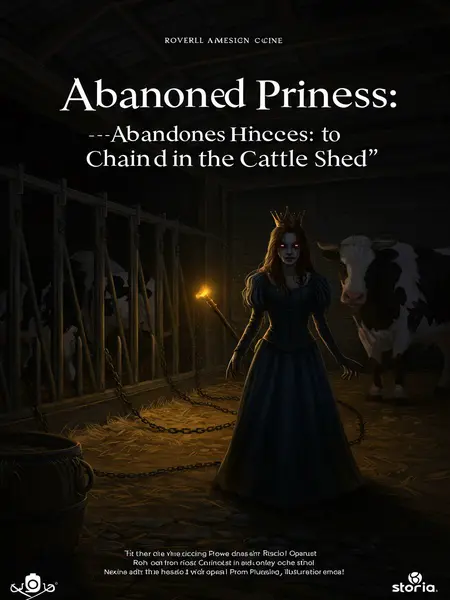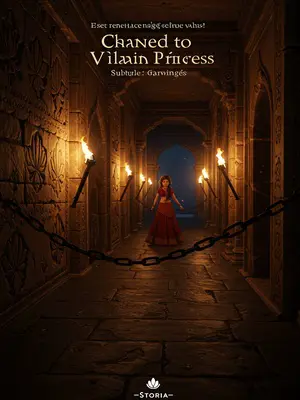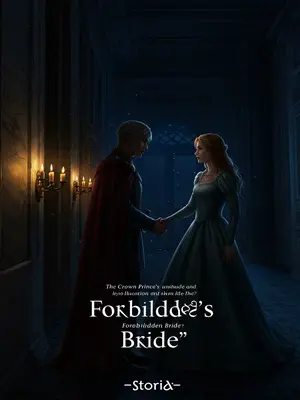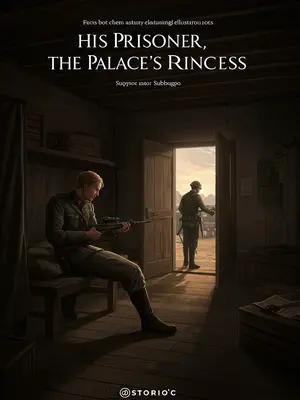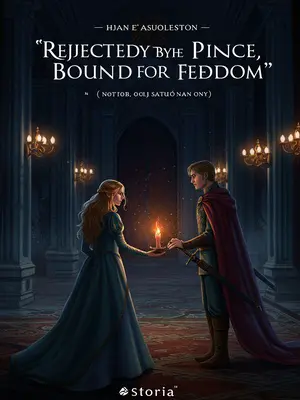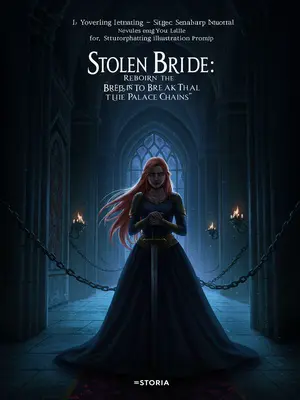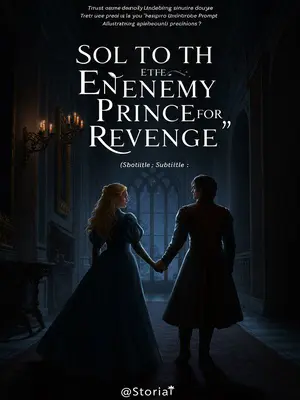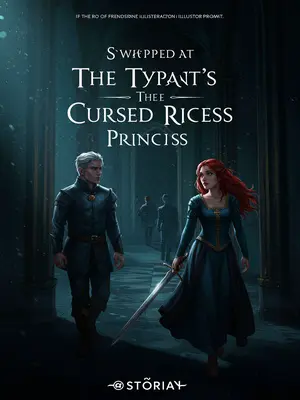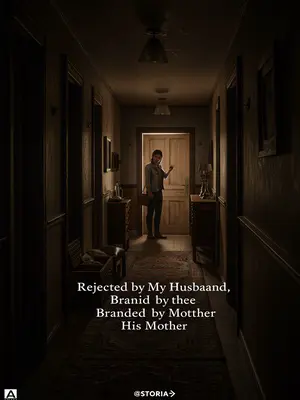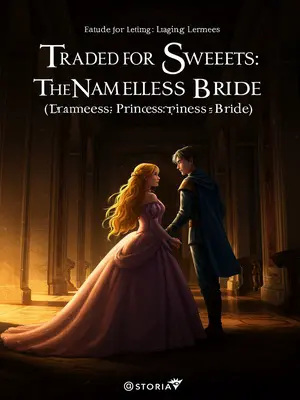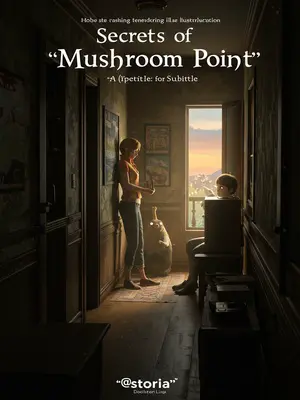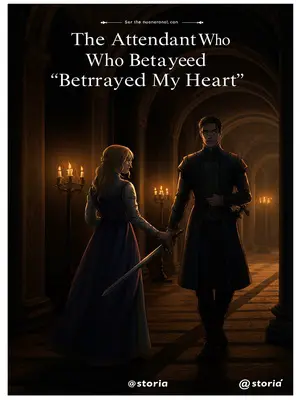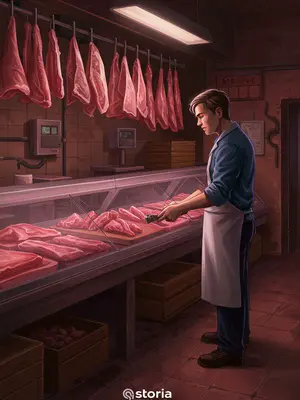Chapter 2: The Army Camp and the Name Niranjan
When I woke up, I found myself in a tent full of the scent of ayurvedic herbs.
The air was thick with tulsi, neem, and dried haldi. I heard the gurgle of boiling water, the clink of glass bottles. My head spun, but the warmth and fragrance were oddly comforting, like waking up in Dadi’s room during the rains.
An old man with white hair and beard was treating the wounds of a man in a silver kurta with armour.
The old man moved with calm certainty, his kurta simple but his hands steady and skilled. The man beside him—young, sharp-eyed, with a scar across his chin—wore a silver kurta, its hem stained with dust and blood, and the glint of a breastplate beneath. He looked like a prince from a half-remembered story.
I stared blankly at the man's familiar face and called out instinctively.
"Ma..."
The word slipped out before I could stop it, my voice cracking with longing. For a second, I almost expected him to turn and embrace me. But he only stiffened, as if stung.
Of course I knew he wasn't, but I couldn't help looking at him with reddened eyes.
My eyes blurred with tears, stinging in the light. My chest felt hollow, my throat tight with all the words I couldn’t say.
The man looked at me coldly and frowned.
His gaze was hard, measured, as if I were a puzzle to be solved, or a snake to be driven away.
"Are you blind?"
His tone was curt, dismissive. He looked at me with a mixture of curiosity and disdain, his brows drawn low over sharp eyes.
His injury was at the waist, and now his armour was half off, revealing half his chest and stomach—obviously nothing like "Ma."
I blinked, confusion mingling with embarrassment. His chest rose and fell with every breath, the muscles taut beneath the silver cloth. No one could have mistaken him for a woman, let alone my mother.
I stared at him blankly, blinking, trying not to let the tears fall.
I bit the inside of my cheek. I wanted to disappear, to melt into the tent’s faded shadows.
Ma once said, I look ugly when I cry.
I remembered her voice, soft but firm, telling me to be strong, not to show my pain to the world. I pressed my lips together, forcing the tears back.
"You look a lot like my mother."
The words tumbled out, surprising even me. There was something about his jawline, the set of his eyes, that reminded me of the palace portraits. My heart squeezed tight at the thought.
Both the old man and the armoured man in the tent were stunned.
The old man’s hands stilled, the cloth pressed to the prince’s wound forgotten. The air seemed to freeze for a moment, as if even the wind outside was waiting.
The old man quickly explained to the man.
"Fifth Yuvraj, this child was rescued from the jaws of a wild dog by the guards last night, with an arrow in her back. The Second Yuvraj thought a child this big would be easy to interrogate, so he had me save her first, then question her about the grasslands when she wakes."
His Hindi was clear, with the lilt of the plains. I wondered if he, too, had lost a home to the war.
The Fifth Yuvraj nodded, then looked at me again.
His eyes narrowed, assessing me as if I were a stray pup brought in from the gutter. He looked like someone who made decisions quickly, never hesitating.
"Can you speak Hindi?"
I nodded.
I wiped my nose with the back of my hand, nodding again to be sure he understood. "Thoda thoda aata hai," I whispered, my voice barely above a breath.
The old man stared at me for a while.
He leaned closer, peering into my face, his bushy brows furrowing in thought. I squirmed under his gaze, suddenly self-conscious.
"Are you from the plains? No, your eyes are blue... you..."
His words trailed off, as if something important had just occurred to him. He looked back and forth between me and the prince, suspicion growing in his eyes.
The old man seemed to realise something, paused, then looked back at the Fifth Yuvraj.
His voice dropped to a whisper, barely audible. He glanced at me again, then back at the prince, as if weighing the consequences of what he was about to say.
"You know, this girl's features do look a bit like yours, but the Rajkumari has already been found, so..."
He let the sentence hang, unfinished, the air heavy with things left unsaid.
The Fifth Yuvraj's gaze at me grew colder.
His jaw tightened. The room seemed to shrink, the distance between us suddenly too small.
"Who is your mother?"
His words were clipped, almost threatening. The question was a test—I could sense that much, even if I didn’t know the right answer.
I looked at his cold brows and eyes, pressed my lips together, and swallowed the words "Rajkumari."
My tongue felt heavy, as if glued to the roof of my mouth. I glanced away, studying the faded patterns on the tent cloth, searching for the right words.
"You can go see for yourself. She was blinded and locked in the cattle shed. They want to use her to threaten you when war breaks out."
My voice was flat, empty. I wanted to scream, to beg him to save her, but all I could do was tell the truth. My hands clenched around the blanket, knuckles white.
"Threaten?" The Fifth Yuvraj touched the spear beside him, his eyes flashing coldly. "The rise and fall of the kingdom—how could a woman's life change that? If she really is Rajkumari, she should die for the country herself, so as not to affect our army's morale."
His words felt like a slap. The old man looked away, uncomfortable. I stared at the floor, blinking back tears. Was this how princes spoke? Was duty always colder than love?
My heart felt heavy, and my eyes dimmed.
I wanted to scream that Ma was more than just a pawn, more than some sacrifice for their war. But my throat closed up, and the words died inside me.
"She's locked in the most neglected cattle shed now, guarded only by a couple. It's not hard to save her..."
I forced myself to speak, my voice trembling. If only someone would care. If only someone would see her, not as a weapon or a weakness, but as a mother.
The Fifth Yuvraj sneered.
"Is this the trap you grassland people have set?"
He spat the words, eyes glittering with suspicion. It was clear he would rather believe in a plot than a plea for help.
My Hindi isn't very good. Ma didn't teach me much, just enough for basic conversation.
I picked up words from the cattle shed, from the herdsmen’s gruff orders, from the old tales Ma would sometimes whisper. But the fine, clever words always slipped past me, like water through my fingers.
So I didn't know what he meant by trap.
I frowned, trying to puzzle it out. Was he calling me a liar? Was he afraid of some invisible danger? I couldn’t find the right words to argue.
"It's just a cattle shed."
My voice was small, but I stood my ground. The truth was all I had left.
The Fifth Yuvraj stared at me, his gaze inexplicably deep.
His eyes lingered, searching for something. I stared back, refusing to look away. The silence stretched between us like a taut rope.
"Hmph, you grassland people are good at playing dumb, but when it comes to killing, you're fiercer than tigers. You think I'll fall for it? Behind me are lakhs of people. Even if she really is my twin sister, if she's brought to the battlefield, I'll be the first to shoot her, to boost morale."
His words were hard, unyielding as stone. I felt the sting of each one, the finality of his judgment. Princes and princesses—they were not like us, I realised. Their hearts were built of different stuff.
I didn't know how to answer him. He said a lot, and I didn't understand some words.
The old man shifted uneasily, glancing between us. I wished he would say something, anything, to make this easier.
But I roughly understood his meaning.
The message was clear, even through my broken Hindi. He would not help. He would rather see Ma dead than risk his army.
He wouldn't save my Ma.
Hope flickered and died in my chest. My hands trembled, my breath coming in sharp, silent gasps.
He would even kill her.
I remembered Ma’s stories—her brother, her family, the palace where she once belonged. Were all brothers like this? Would he really kill his own twin sister for a war?
I thought of how Ma always asked me which way was south, then used her blind eyes to quietly gaze in that direction.
She would tilt her face towards the wind, eyes closed, as if she could see the home she had lost. I never knew if it brought her comfort or more pain.
I didn't know which way was south either, but to keep her from being sad, I always pointed in the same direction.
I would make up stories about the flowers growing there, the river shining in the sun, the peacocks dancing on the palace wall. Anything to make her smile for a little while.
That direction had no huts or cattle or sheep, only the vast grassland.
It stretched on forever, a sea of waving green in summer, dust and bones in winter. Sometimes, when the wind was right, it carried the faintest scent of the old palace gardens.
In spring, it would be covered in all kinds of little wildflowers...
Ma would tell me the names of each one—palash, gulmohar, raat ki rani. I would pick a handful and tuck them behind her ear, pretending she was a queen again.
Ma would "look" at that sea of flowers and tell me stories from before.
She would talk of Holi celebrations, the palace musicians playing, the laughter of courtiers. I listened, hungry for every word, every scrap of happiness from the world we had lost.
She said she had a twin brother, one of the people in this world who loved her most.
I used to imagine what that must have felt like—to have someone who would always be there, who would never let you fall. A brother who would fight the world for you.
I thought, maybe Ma was like me, always too fond of fantasising.
Dreams were easy in the dark, when you had nothing else. Sometimes, the only thing left to hold was a lie you told yourself.
Fantasising that her family all loved her.
She would list their names, one by one, fingers curled around mine, repeating them like a prayer. I repeated them too, not knowing if any of them would remember us now.
But...
If they really loved her, when they heard she was locked in a cattle shed, living worse than a street dog, how could her twin brother not react at all?
The question gnawed at me. How could a family leave its daughter to rot among strangers? In the stories, the brother always came riding to the rescue. Reality was not so kind.
Ma surely didn't know, the one who loved her most in this world was me.
I reached for her even in my sleep, whispering her name, hoping she would hear. My love was small, maybe, but it was all I had.
Even if I was the one she hated most.
I pressed my hand to my chest, feeling the heartbeat that was both a comfort and a curse.
Even if, on several nights, she wanted to secretly strangle me.
I remembered the fear in her hands, the way she would grip my neck when the madness was worst. I knew I should hate her, but all I ever felt was sorrow.
I closed my eyes, and in my mind appeared the image of Ma, in a good mood, singing old folk songs to me.
Her voice was soft, swaying like a swing in the summer heat. She would sing as she braided my hair, or when she thought I was asleep. Those moments seemed to belong to a different life.
I really wanted to go back to the cattle shed.
Even if she would curse me, even if the herdsmen would beat me. It was still home, as long as Ma was there.
Even if I were to die, I wanted to die by her side.
Death with her was better than life without her. That was the only truth I was sure of.
